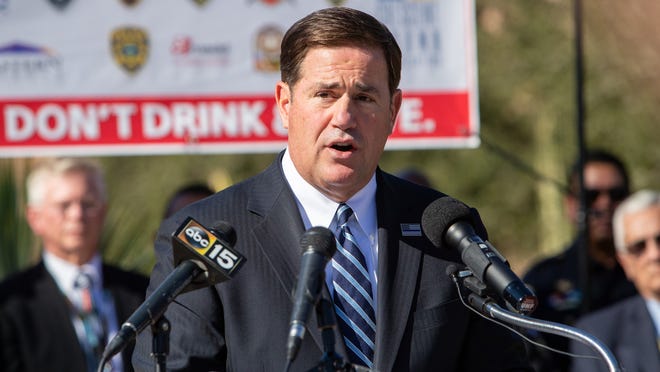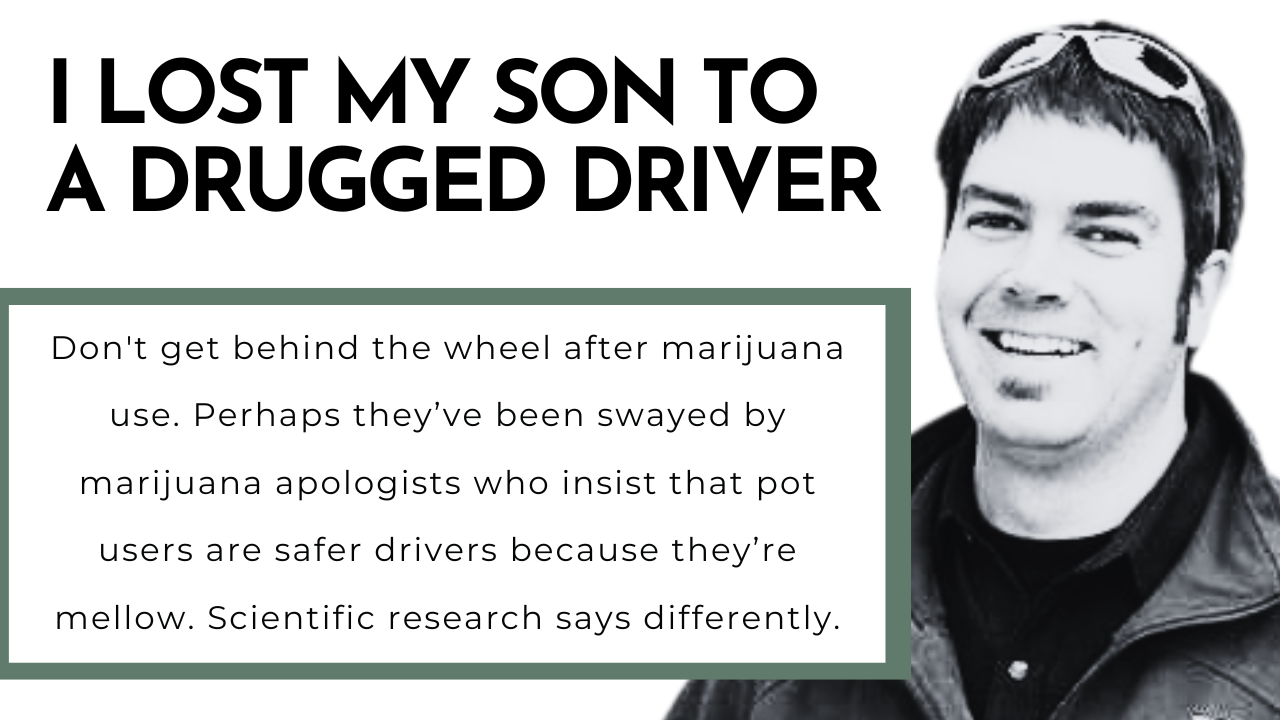Posted on January 1, 2022 View all news
Opinion: DUI task forces focus on drunken drivers. But drugged drivers also are a risk on the roads. More must know the risk of driving after marijuana use.
Ed Wood opinion contributor
Orginally published @AZCentral https://www.azcentral.com/story/opinion/op-ed/2021/12/18/marijuana-use-can-impair-drivers-yet-too-few-seem-know/8899933002/
When Gov. Doug Ducey and public safety officials announced the launch of this year’s DUI holiday task force, the emphasis was on drunken drivers. Scant mention was made of drivers impaired by marijuana and other drugs.
Perhaps they’ve been swayed by marijuana apologists who insist that pot users are safer drivers because they’re mellow. Scientific research says differently.
For instance, a study of Arizona teen drivers injured in crashes between 2008 and 2014 found that at least 15% tested positive for alcohol and at least 14% tested positive for THC, the active ingredient in marijuana.
A 2016 study found that lane weaving and following too closely increases when someone is under the influence of marijuana. Frequent cannabis consumption nearly doubles the risk of being in a vehicle crash. The study authors suggested waiting eight hours after using marijuana before getting behind the wheel.
That rarely happens.
Too many drive after using marijuana

In Colorado, the first state to legalize marijuana, twice as many students said they drove after using marijuana, compared to those who drove after drinking. Or to put it in starker terms: More than half of teens who consumed pot in the past 30 days drove while under the influence.
Adults are doing it, too. Colorado is the only state that routinely tests blood samples of drivers arrested for impairment for both alcohol and drugs. In a one-year period ending June 30, 2020, THC was found in 41% of the samples, just ahead of alcohol.
Colorado traffic deaths in which drivers tested positive for marijuana have increased 138% since 2013, when recreational marijuana was legalized, compared to a 29% overall increase in the state.
The message is clear: A THC-impaired driver is a danger to society. Whether that driver is more or less dangerous than a drunken driver isn’t relevant. This is: When someone is impaired for any reason, they can kill innocent victims.
Task forces should target all impaired drivers
I know from personal experience. My son was killed in 2010 by a driver in Washington state who was high on marijuana, methamphetamine, and heroin. The SUV that struck his car was airborne upside down when it struck his windshield, killing him instantly. His wife and their unborn child survived only because he swerved just before impact.
No one should have to endure the pain of losing a loved one so senselessly. So how do we fight back?
We can start with a holiday DUI task force that targets not just alcohol but all impaired drivers. The voter-approved Arizona law that legalized recreational pot makes it illegal to drive while impaired to the slightest degree by marijuana.
State public safety officials should emphasize that fact as much as they emphasize laws against drunken driving.
Arizona must update driver education materials
So should driver education materials. At a time when students are increasing their use of marijuana while drinking less, driver education programs must address drugged driving the same way they treat drunken driving. If students are told only to worry about alcohol, they’re being lied to.
Colorado will soon update its driver’s license manual – the document teens pore through to prepare for their driving test – with language that warns that “Driving while impaired by drugs, including marijuana, prescription medications and over the counter medications, is illegal and subject to the same penalties as driving while impaired by alcohol.”
I suggested similar changes, based on Arizona’s more straightforward laws, to state transportation officials here. I was heartened this week to learn they’re being considered.
Colorado had to suffer hundreds of needless deaths before officials acknowledged the threat of drugged driving. I would hope Arizona learns from its neighbor’s mistakes.
Ed Wood, who divides his time between Colorado and Arizona, is president of DUID Victim Voices. Contact him at duid93@icloud.com.

